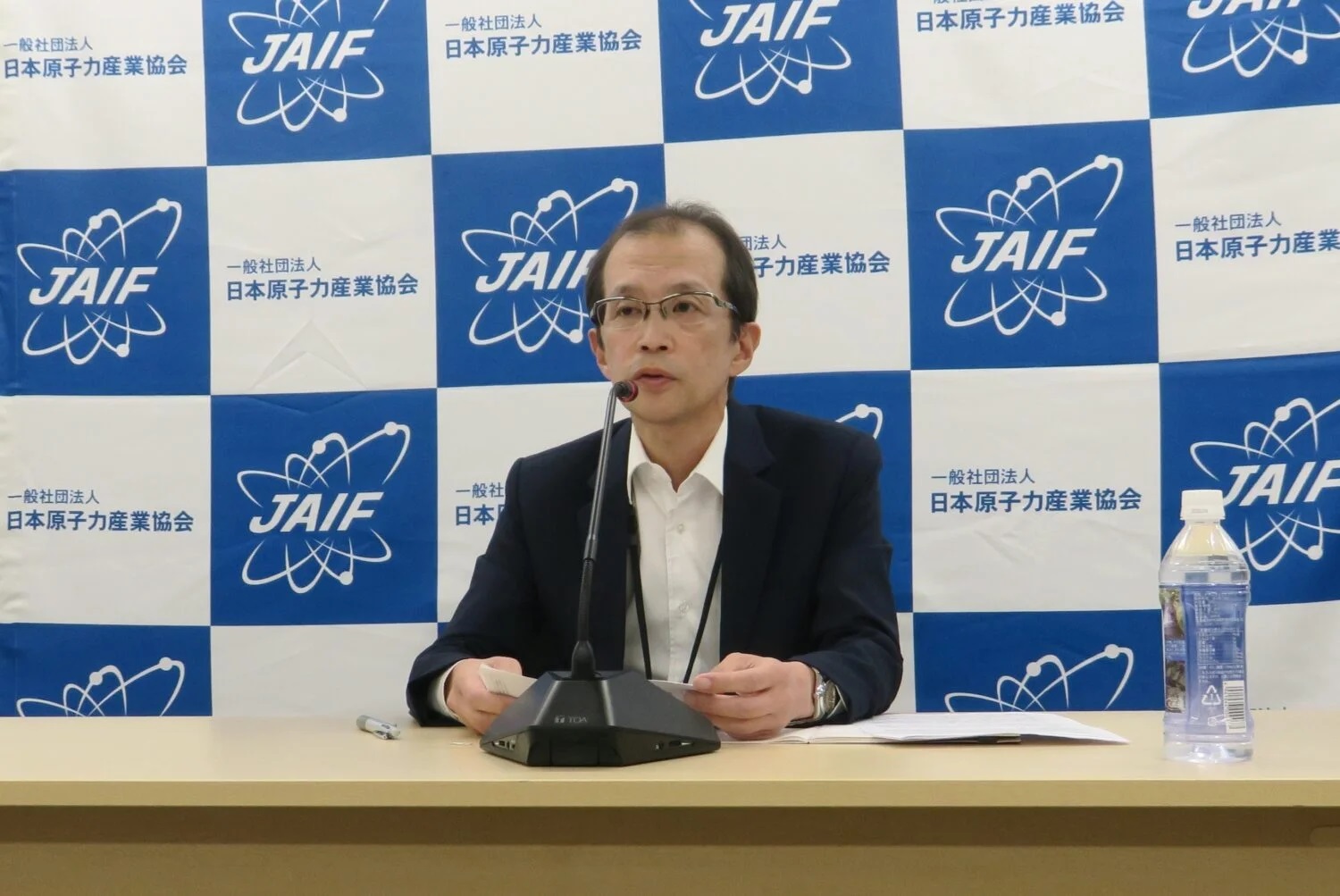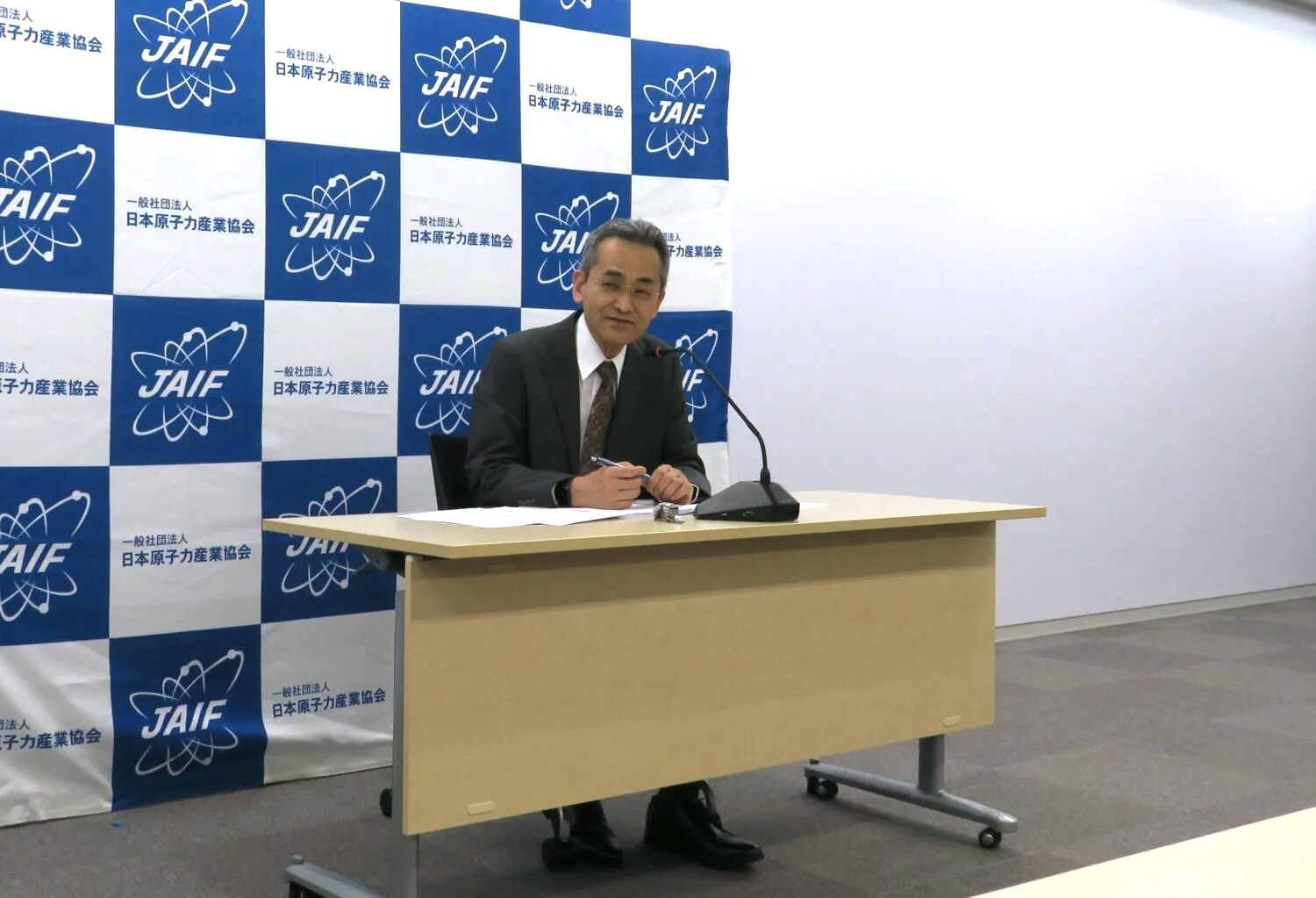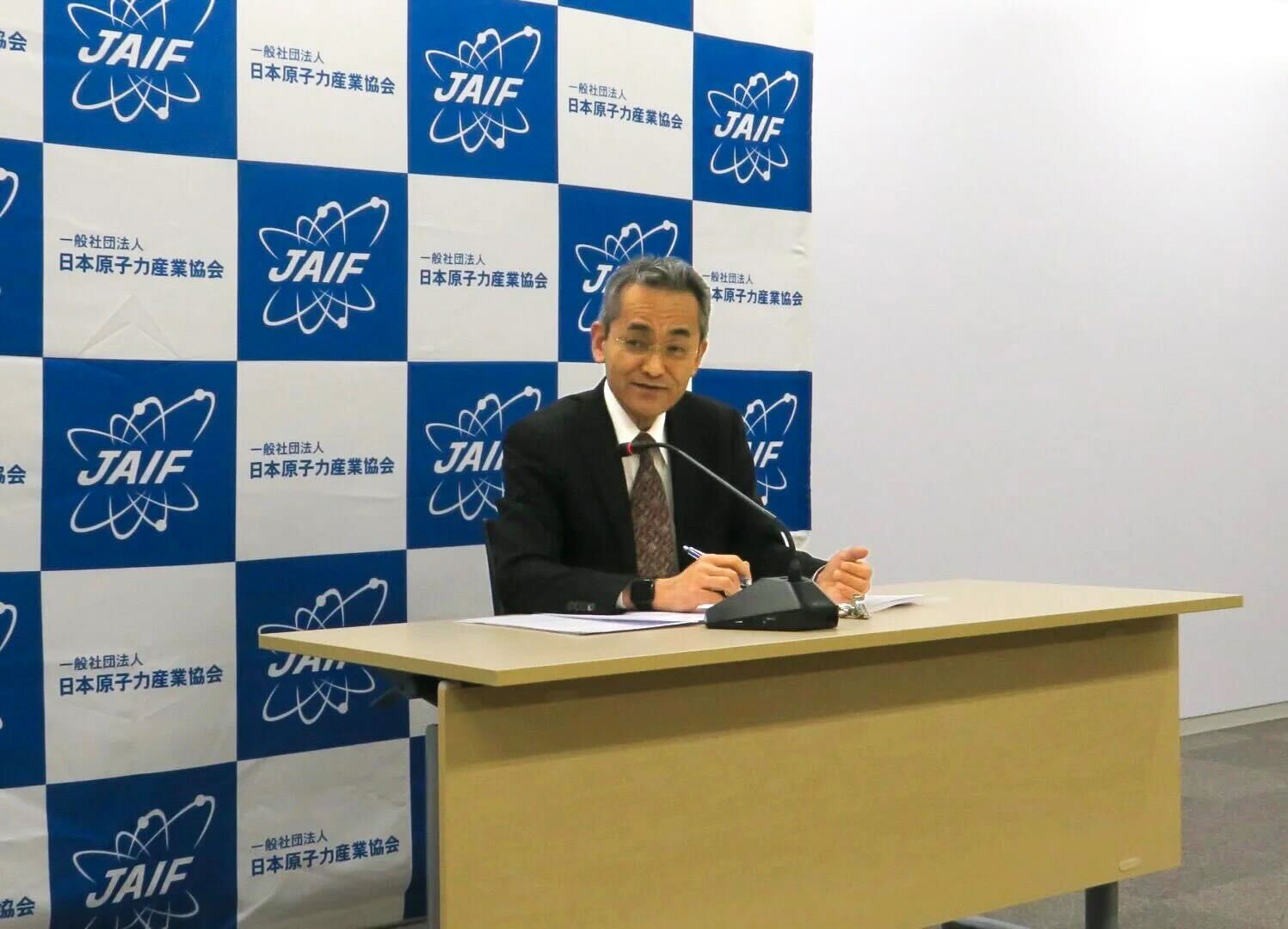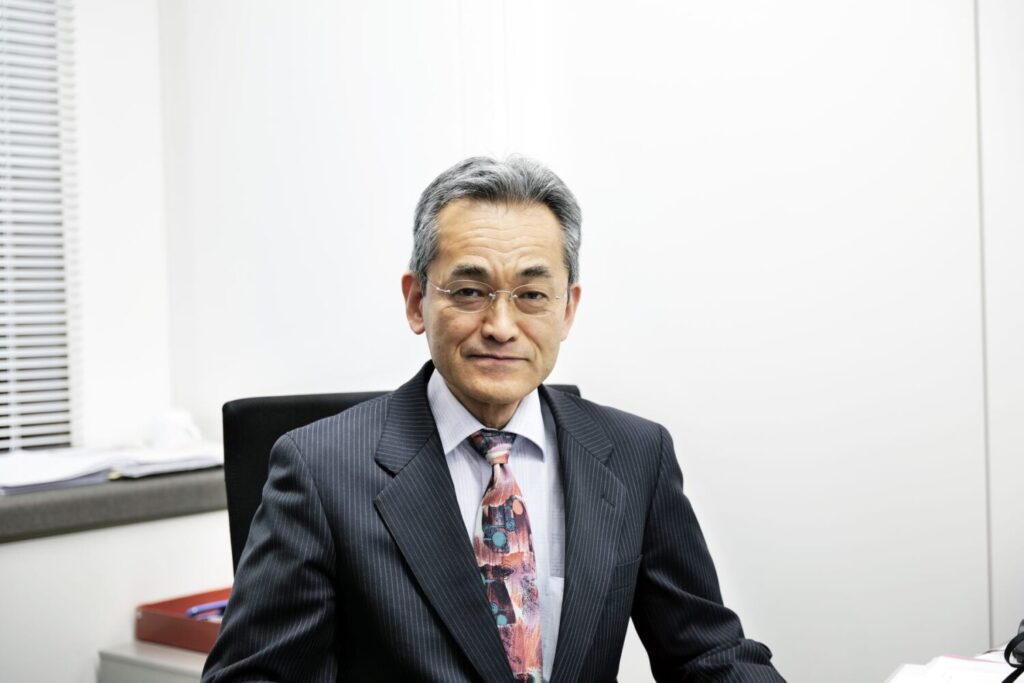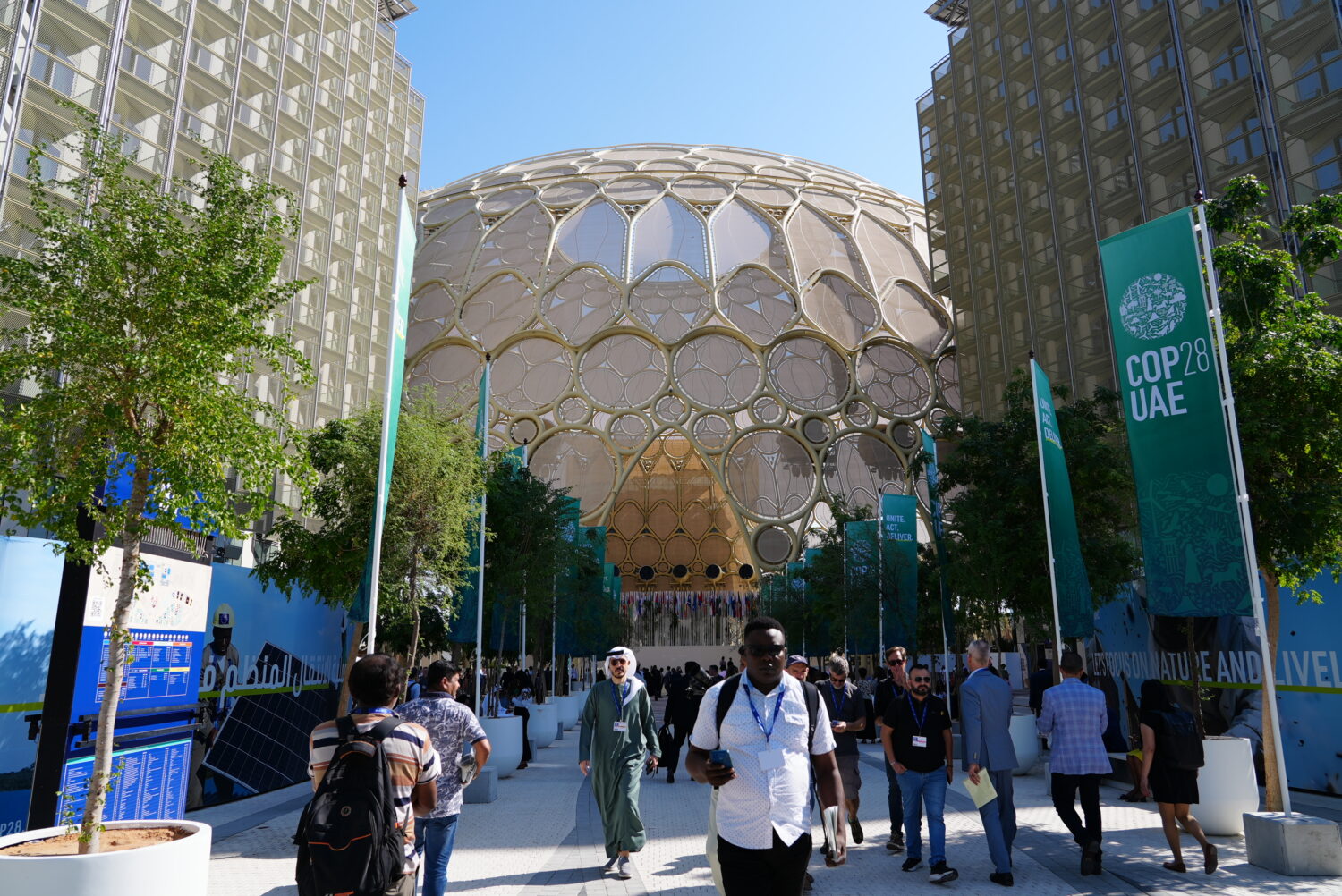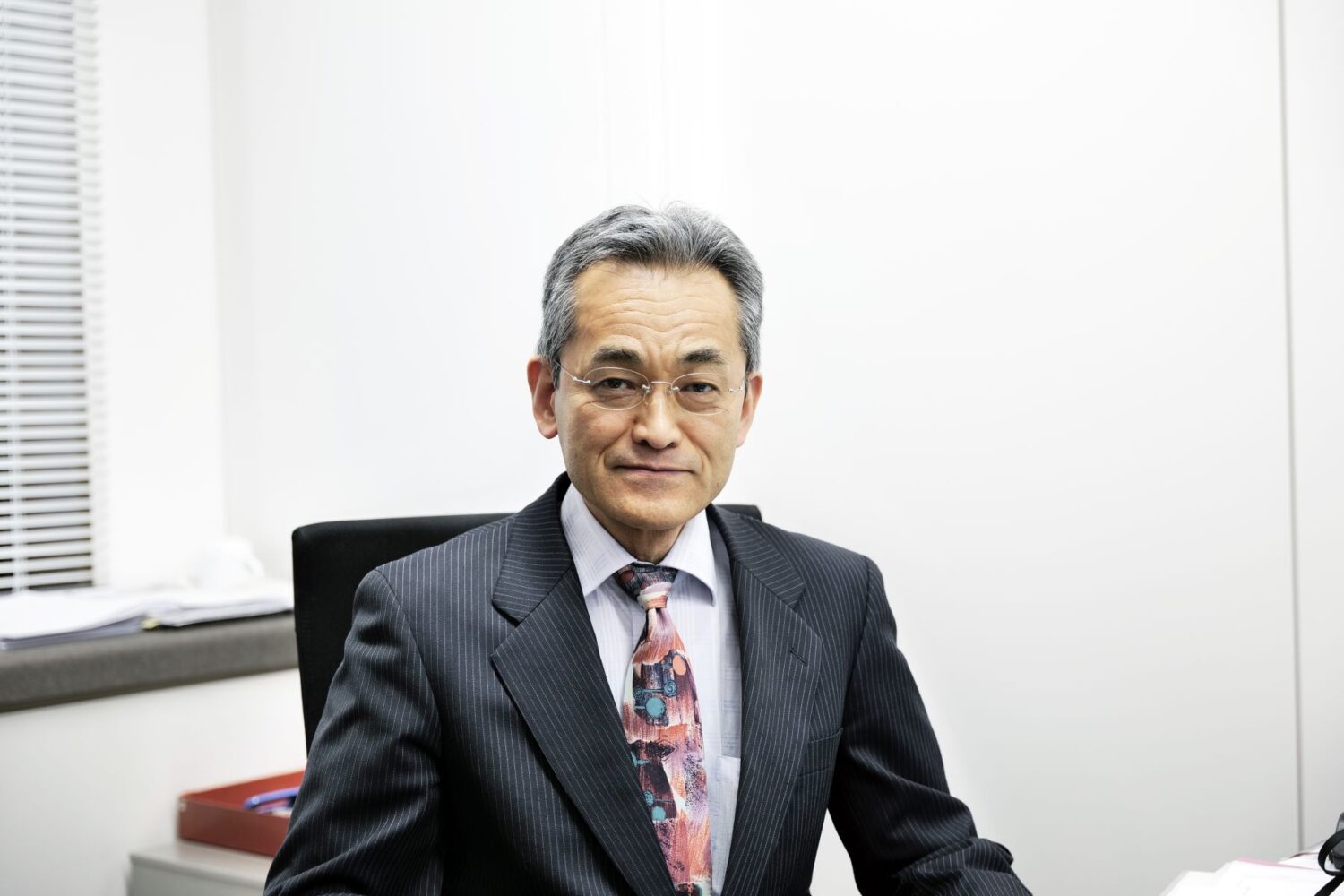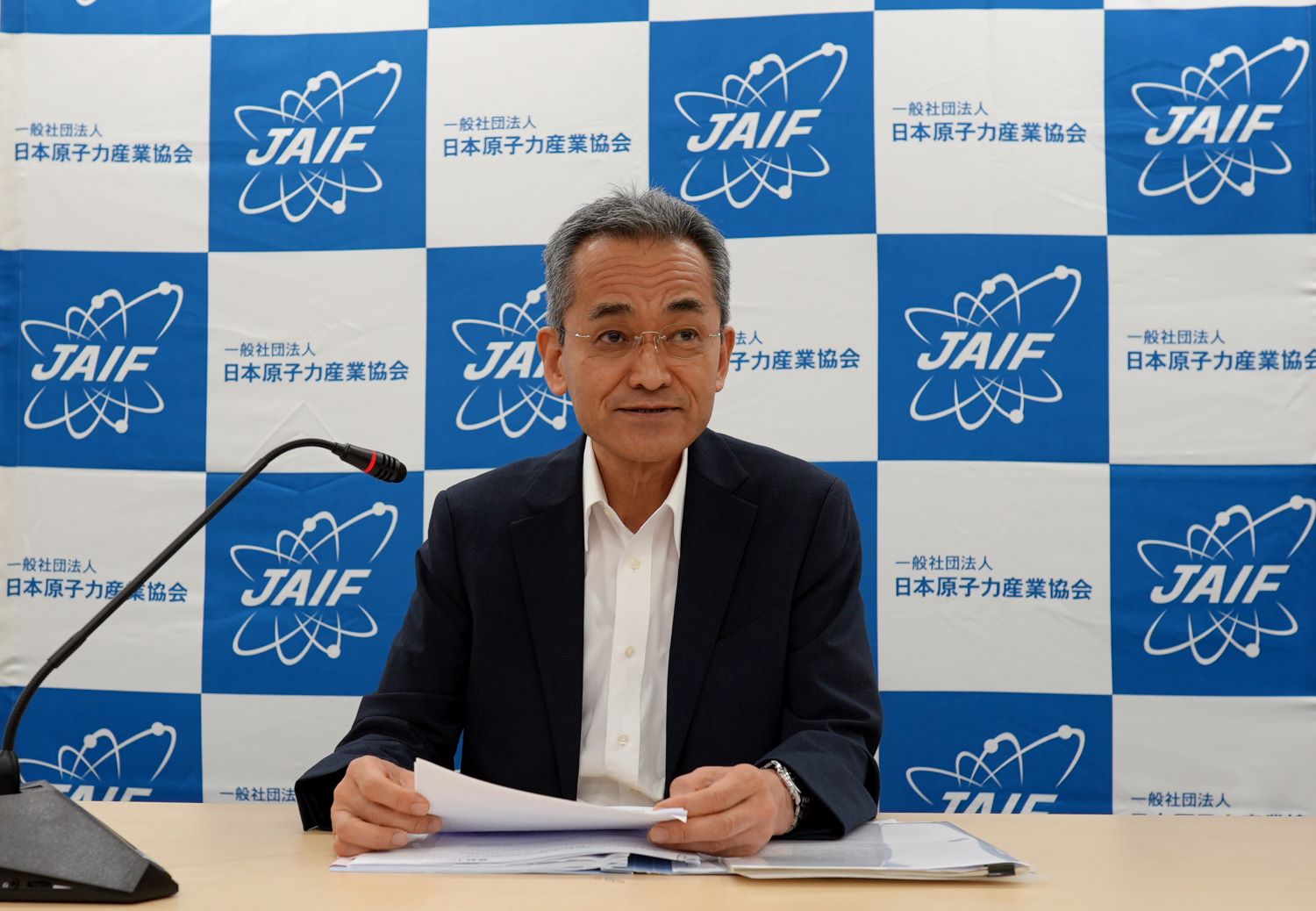As a result of increasing population and economic growth, primarily in developing countries, the world is now challenged to meet new demands for energy and reduce greenhouse gas emissions. The Paris Agreement, adopted by COP21 in December 2015, includes ambitious targets to limit the average global temperature. In order to achieve them, it is essential to expand the use of nuclear power—which can provide electricity on a large scale, in a stable manner, with no CO2 emissions from operations, among its other excellent characteristics—along with accelerating the introduction of renewable energies and further implementing energy conservation.
When engaging in the peaceful use of nuclear energy, the world must secure the “3S” requirements of safeguards, safety and security. Based on its painful experience as history’s only victim of atomic bombing, Japan has declared from the outset its commitment to the peaceful use of nuclear energy, and has led the world in reinforcing nuclear nonproliferation efforts. Today, those countries planning to introduce nuclear power for the first time or expand their use of it have high expectations for Japan’s technological abilities, which this country is making a unified public-private effort to meet. It goes without saying that Japan will hold firmly to its commitment to the peaceful use of nuclear energy in its cooperation with those countries.
We at JAIF will remain equally steadfast in voicing our belief that nuclear power is an essential energy source for the sake of a stable energy supply and as a measure to deal with global warming. We also believe that the increased use of nuclear technology must be premised on ensuring the 3S’s, particularly maintaining and strengthening the international nuclear nonproliferation regime, so that humankind will be able to enjoy sustainable growth for generations to come.




